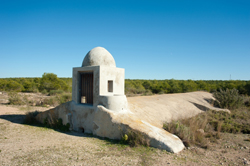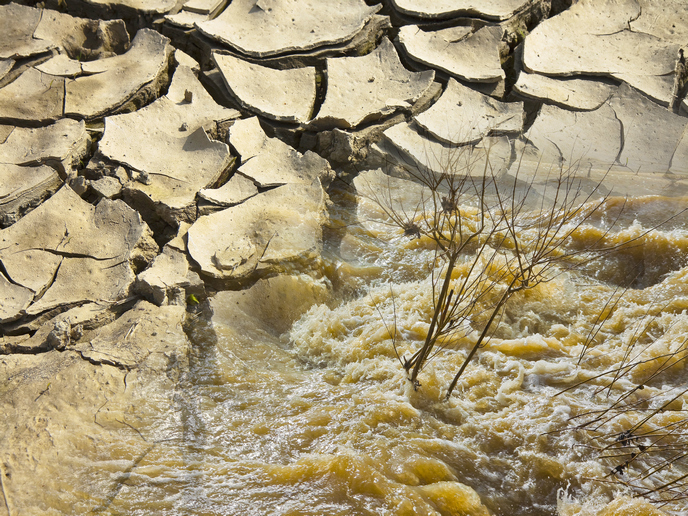Traditional water conservation comeback
There are many modern advances that have helped us save precious water in previous decades, but sometimes the answer lies in the wisdom of traditional practices and time-tested philosophies. The EU-funded project 'Traditional water techniques: Cultural heritage for a sustainable future' (Shaduf) looked at classical Mediterranean practices for saving water. Through archaeological and historical records, as well as through current practices, the project documented different techniques and indigenous methods for saving water, reusing wastewater and irrigating land more effectively. Shaduf's ultimate goal was to improve water management and develop sustainable practices in the sector, in addition to raising awareness on water and wastewater issues in society through traditional knowledge. To achieve its objectives the project built a database on all concerned practices and outlined water catchment techniques in the region. Most importantly, it developed conservation and restoration strategies to revive these techniques and sustain or reintroduce their benefits. This effort and other long-term actions that were proposed during the project have brought the Mediterranean region and its water-scarce areas one step closer to more available water. The techniques, databases and future initiatives may improve the livelihoods of numerous communities.







